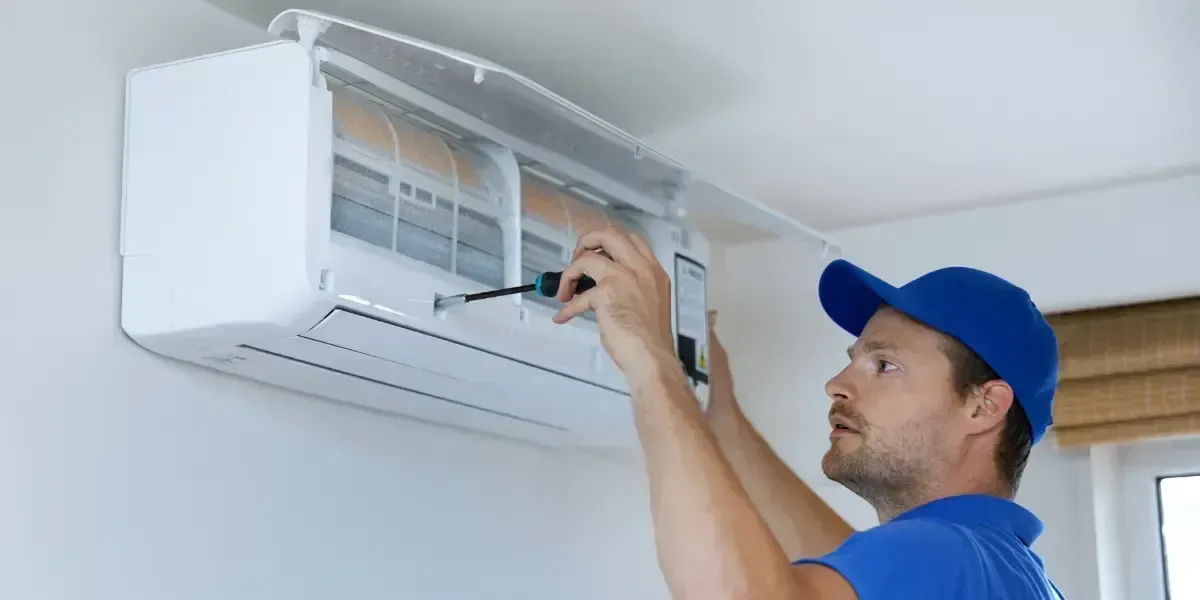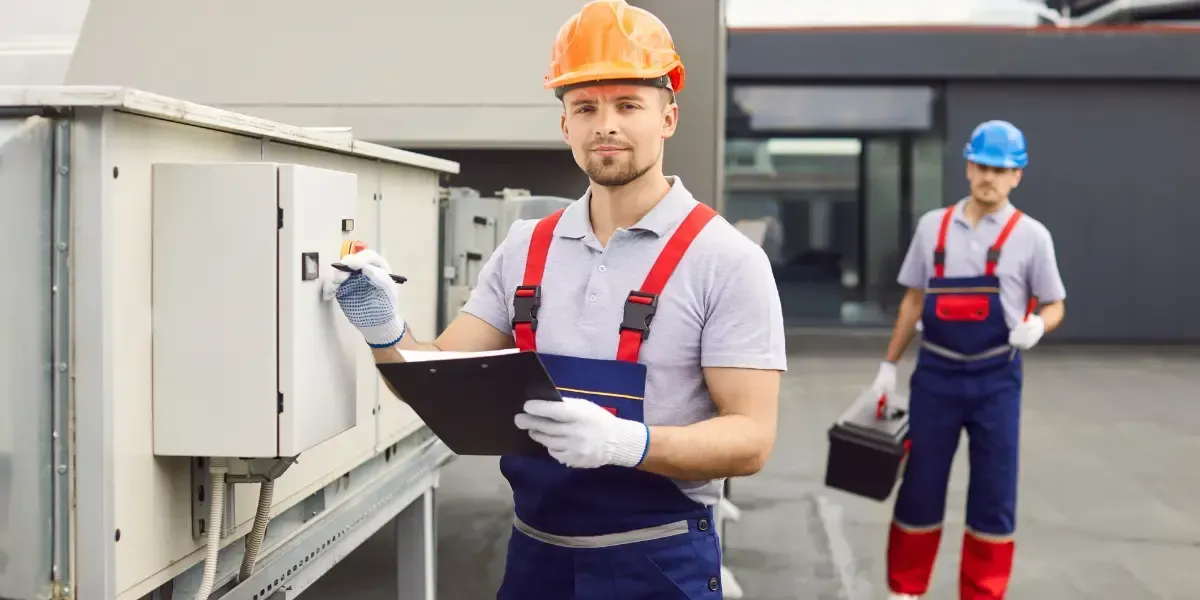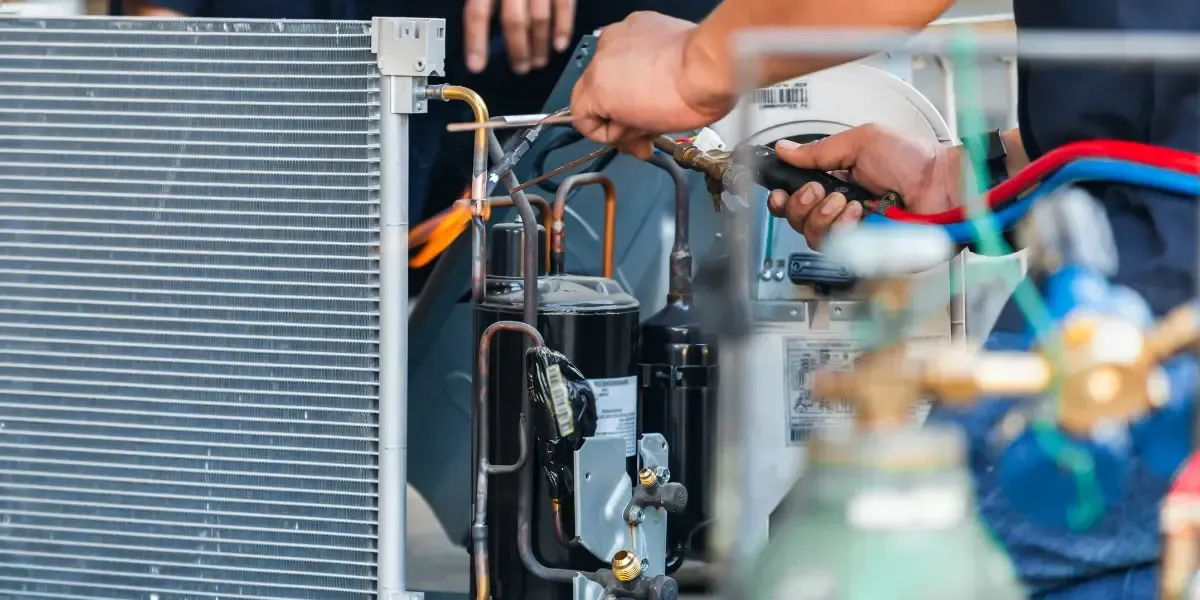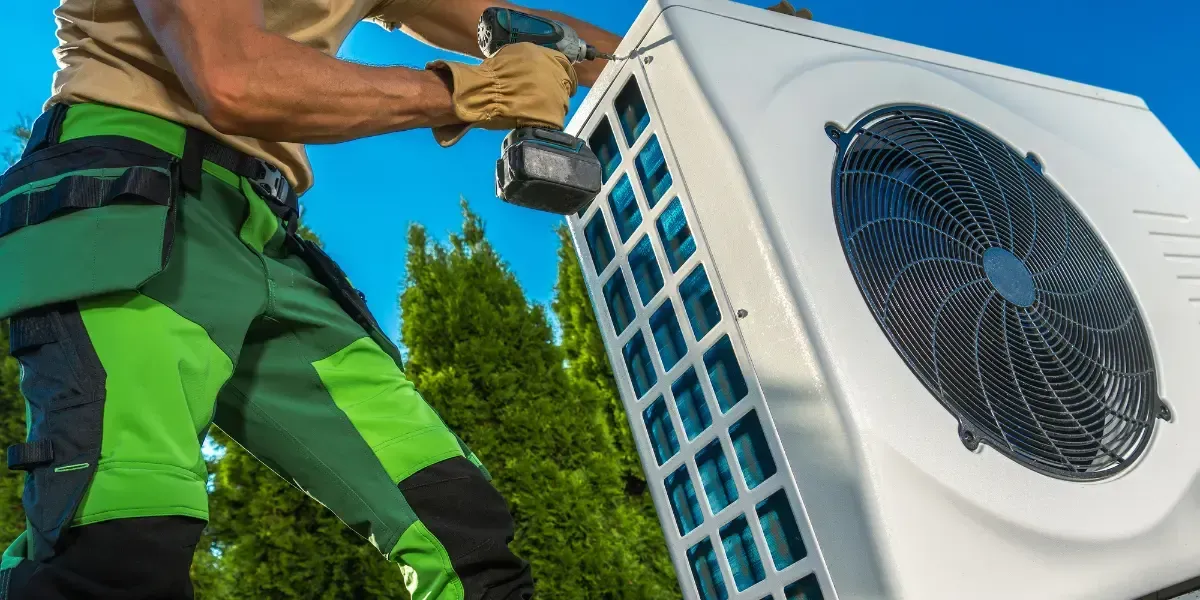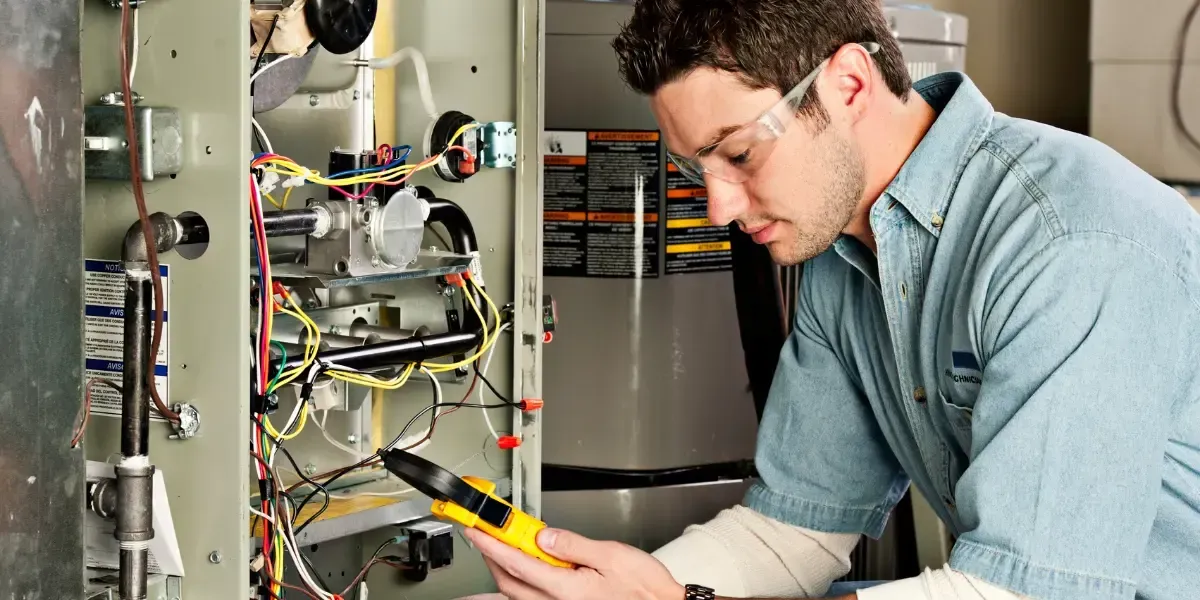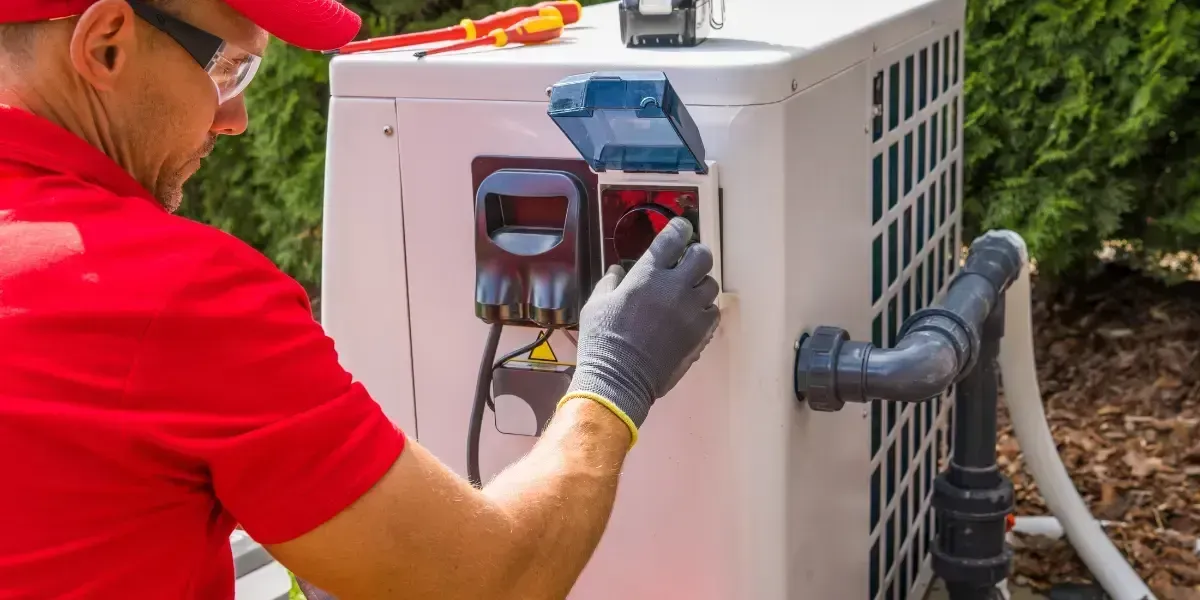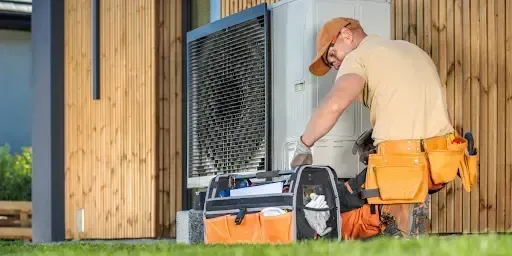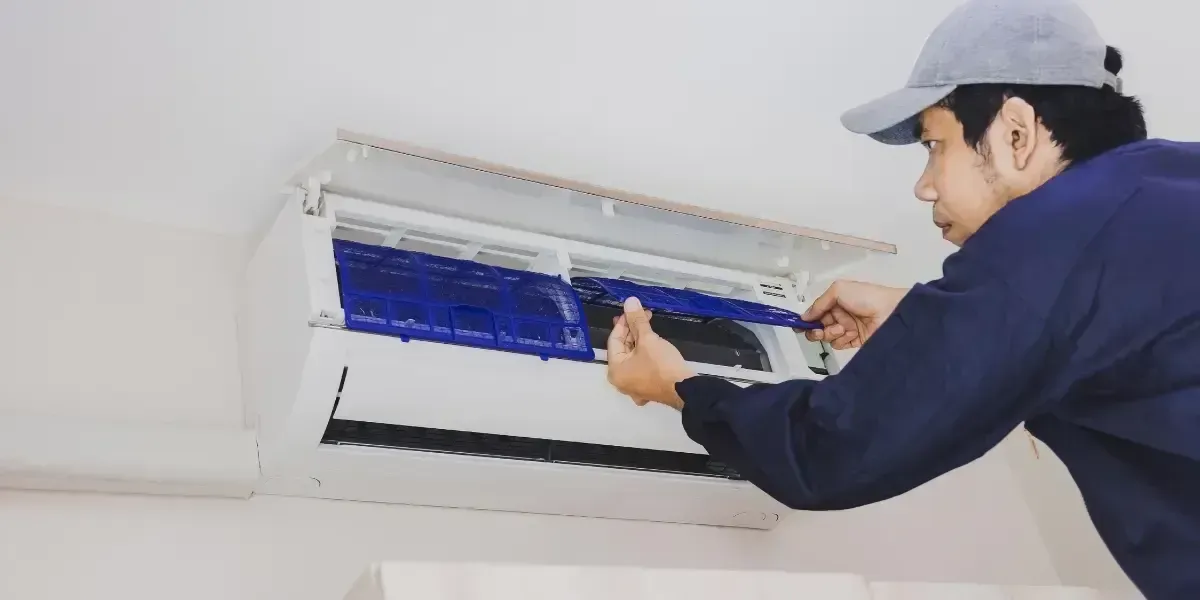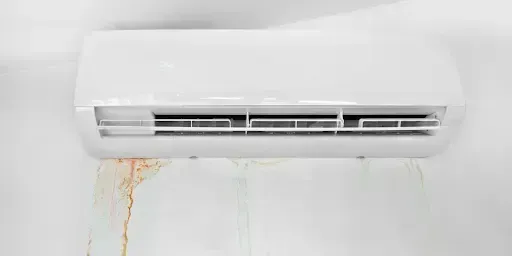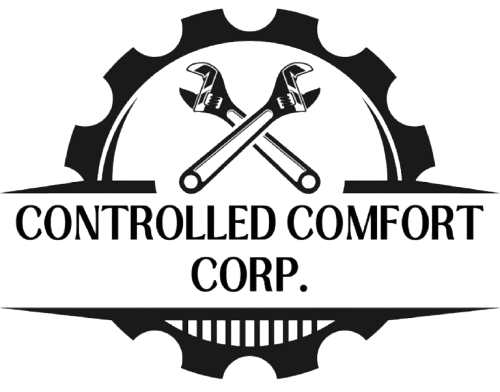
Reach Out to Us!
Don’t Sweat It: Solutions for When Your Air Conditioner Stopped Working
We’ve all experienced this before — it’s a scorching day, and your air conditioner stopped working. You feel worried as the heat level in your home goes up.
But don't worry! It may look bad, but there are many ways you can try to fix your AC and make it work again.
In this article, we will look at the common reasons your air conditioner may not work. We will also discuss easy steps you can take to find and fix the problem.
By the end, you will know what to do when your air conditioner stops working.
Common Reasons Why Your Air Conditioner Has Stopped Working
There are several reasons that your air conditioner may not work. Knowing these causes will help you find the problem faster. You might even be able to fix it yourself. But sometimes, you may have to call an HVAC expert for help.
Power Issues
Sometimes, the issue is just a power problem. Before assuming anything, it is important to check a few simple things.
Check the Circuit Breaker
Your air conditioner might not be working because the circuit breaker has turned off. Find your breaker box and see if the breaker for your AC unit is turned off. If it is, turn it back on. If it turns off again, there may be a bigger electrical problem.
Verify Thermostat Settings
It’s easy to miss, but the settings on your thermostat could be the problem. Make sure the thermostat is set to "cool" and not "off" or "heat." Also, check if the temperature is lower than the current room temperature.
Dirty or Clogged Filters
Your air conditioner’s filters are important for keeping everything clean and working well. If the filters get clogged, the airflow slows down. This can make your unit less effective at cooling.
How Dirty Filters Affect AC Performance
Dirty filters make your air conditioner work harder than needed. This lowers how well it works and can lead to overheating. If your AC stops working, look at the filters first.
How Often Should Filters Be Changed?
Experts say you should change your air conditioner filters every 1 to 3 months. This depends on how often you use it and if you have pets or allergies.
Refrigerant Leaks
If your air conditioner is not cooling properly, it may have a refrigerant leak. This is a more complex issue that usually needs a professional to fix it.
Signs of a Refrigerant Leak
Some signs that you might have a refrigerant leak are ice forming on the refrigerant lines. You may feel warm air coming from the vents. You might also hear a hissing noise.
Solutions for Fixing Refrigerant Leaks
If you think there is a refrigerant leak, it is a good idea to call a licensed HVAC technician. They can fix the leak and refill your system with the right amount of refrigerant.
Frozen Evaporator Coils
The coils in your air conditioner can freeze. This can stop the system from cooling well.
What Causes Frozen Coils?
Frozen coils often happen due to blocked airflow, dirty coils, or low refrigerant levels. When the coils freeze, the air conditioner will find it hard to cool your home.
How to Resolve This Issue
Turn off the system to let the coils thaw. Then, look at your air filters. Clean or change them if you need to. If the problem stays, it might be a refrigerant issue. You will need to get help from a professional.
Faulty Compressor
The compressor is the main part of your air conditioner. It helps move the refrigerant around the system. If it stops working, the whole cooling process will not work.
Importance of the Compressor
Without the compressor, your air conditioner will not work well. A broken compressor can cause warm air or no air to blow from the vents.
Signs Your Compressor Is Failing
If your air conditioner is making odd sounds, having trouble starting, or is blowing warm air, the compressor might be the issue.
Clogged Drains
Your AC takes humidity out of the air and drains the moisture away. If the drain gets clogged, water can build up. This may cause your system to stop working.
Why Clogged Drains Affect Your AC
When the drain line gets blocked, it can allow water to harm the inside parts of the air conditioner. This can cause problems with how it works or even make it stop working completely.
Fixing Drain Line Clogs
You can often fix a clogged drain line by using a wet/dry vacuum to pull out the blockage. Keeping up with regular care can stop this problem from happening in the first place.
Electrical Issues
Air conditioners use several electrical parts to run. If any of these parts break, your system will stop working.
Common Electrical Problems with AC Units
Common electrical issues include bad capacitors, worn-out wires, and poor connections. These problems can be dangerous. It’s important to be careful.
When to Call an HVAC Professional
If you feel unsure about working with electrical parts, or if you’ve done simple
HVAC repairs and your AC still does not work, you should call a professional.
DIY Tips for Fixing an Air Conditioner That Isn't Working
Before you ask for help, there are some simple steps you can try on your own.
Step-by-Step Guide to Simple Fixes
- Look at your thermostat settings.
- Reset the circuit switch.
- Examine the air filters.
- Melt frozen coils by turning off the unit.
- Clear blocked drains.
When to Know It’s Time to Call a Professional
If these fixes do not work or if you see more serious problems like refrigerant leaks or electrical issues, you should contact a professional.
Preventive Maintenance to Stop Future AC Problems
Taking care of your air conditioner can help you stop sudden breakdowns.
Regular Filter Changes
Changing your air filters often is the best way to make sure your system runs well.
Annual AC Tune-Ups
Scheduling a yearly check-up with a qualified HVAC expert makes sure your system is ready before the summer heat arrives.
Signs You Need a Professional to Repair Your Air Conditioner
If your DIY work does not go well, or if you have big problems, getting professional help is very important.
When DIY Efforts Aren’t Enough
Ongoing problems, like warm air coming out or strange sounds, show that you need a professional check-up.
What to Expect from a Professional Repair
A
skilled HVAC technician will check and fix your system quickly. This will help it run well for a long time.
Choosing the Right HVAC Professional
Picking a skilled technician is important for getting your air conditioner working again.
How to Find a Qualified Technician
Find HVAC technicians who are licensed and insured. They should have good reviews and clear qualifications.
Importance of Reading Reviews and Checking Credentials
Online reviews and correct certification are important to make sure the person you hire is trustworthy and skilled.
How Controlled Comfort Can Help You
If you have ongoing AC problems or need expert help, Controlled Comfort can assist you. They have a team of skilled HVAC workers. They can quickly find and fix any air conditioning issue.
Whether you have a refrigerant leak, a broken compressor, or electrical problems, Controlled Comfort gives you great help and long-lasting fixes. They also offer plans to keep your AC working well. This way, you can prevent future problems.
Don't let the heat worry you.
Controlled Comfort is here to help with trusted and effective support.
Conclusion
When your air conditioner stops working, it can feel really bad—especially on a hot day. But with some quick checks, you might fix the problem yourself.
A tripped circuit, dirty filters, or frozen coils are issues you can solve without help. For tougher problems, getting an HVAC expert is the best choice.
Also, remember to take regular care of your AC. This helps it work well and stay out of trouble in the future.
Frequently Asked Questions
How long should an air conditioner last?
On average, an air conditioner can last 10 to 15 years if it is properly taken care of.
What can I do if my air conditioner keeps turning off?
Check the thermostat settings, air filters, and the circuit box. If these don’t fix the problem, talk to an HVAC expert.
Should I repair or replace my air conditioner?
If your system is over 10 years old and needs a lot of repairs, getting a new one might save you more money.
How often should I schedule AC maintenance?
A yearly tune-up is suggested to keep your system working well.
What temperature should I set my thermostat to for optimal performance?
For good energy use and comfort, try to keep your thermostat set between 72°F and 78°F.

Controlled Comfort was founded to address the need for honesty, quality work, transparent communication, and exceptional customer service. Experience the difference!
CONTACT INFO
4633 Marine Avenue, Unit 231 Lawndale, CA 90260
BUSINESS HOURS
- Mon - Sun
- Open 24 Hours
All Rights Reserved | Controlled Comfort
All Rights Reserved | Controlled Comfort Corp.
